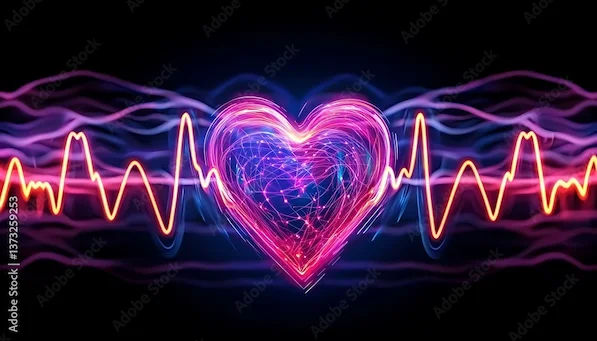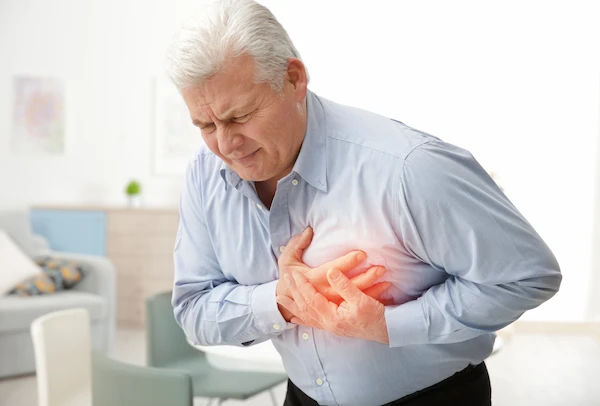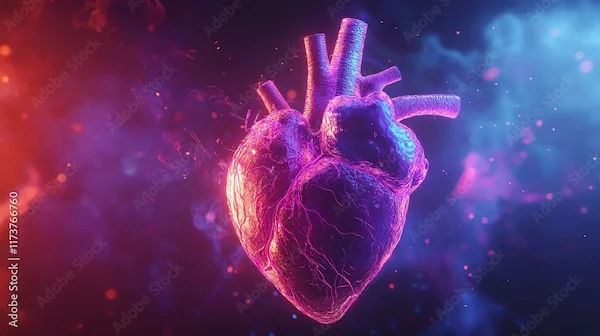- female
- 30 Years
- 22/01/2025
I'm really worried because every time I feel stressed, I get chest pain and end up panicking. I rush to get an ECG and 2D echo done, but it's always normal, which is honestly exhausting. I'm scared it's something serious like a heart attack, but then the tests say otherwise. What should I do? Any advice would be appreciated.
Answered by 1 Apollo Doctors
To help manage your symptoms, you can try taking a medication called Propranolol. This is a beta-blocker that can help reduce the physical symptoms of anxiety, such as chest pain and palpitations. The usual dosage for Propranolol in such cases is 20-40mg taken 2-3 times a day. Additionally, you may benefit from an anxiolytic medication such as Lorazepam to help with acute episodes of anxiety and panic. The typical dosage for Lorazepam is 0.5-2mg taken as needed for anxiety symptoms. It's important to also consider non-pharmacological approaches to managing stress, such as relaxation techniques, deep breathing exercises, regular physical activity, and seeking support from a therapist or counselor. Remember to consult with your healthcare provider before starting any new medication.
Dr. Shubham Suggests...
Consult a Cardiologist
Answered 04/07/2025
0
0

More Cardiology Health Queries
View allI'm a bit confused and worried about my latest ECG results. It showed a borderline and incomplete right bundle branch block. This wasn't even brought up when I went to the ER; I only noticed it when I looked at my test results later. Should I be concerned about it? What does it really mean for my health?
yes it is a concern immediate cardiologist opinion is required.
Answered by 1 Apollo Doctors
Do lemons lower blood pressure?
Citrus, such as lemon and limes, has been shown to reduce blood pressure
Answered by 1 Apollo Doctors
What does a heart blockage feel like?
Warning sings of heart blockage are chest pain(may not always in the chest, it could be in the shoulder,arm,jaw) palpitations, dizziness, nausea, shortness of breathe.
Answered by 1 Apollo Doctors
Disclaimer: Answers on Apollo 247 are not intended to replace your doctor advice. Always seek help of a professional doctor in case of an medical emergency or ailment.




